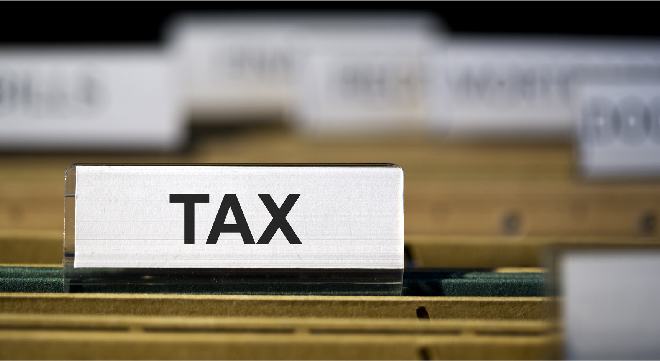The South African Revenue Service (Sars) has introduced some changes to the auto-assessment process this year to make it easier for taxpayers to file their income tax returns.
If you are not a provisional taxpayer and your only sources of income are a salary and interest, you may be auto-assessed and issued with an assessment pre-populated with data Sars received from third parties, such as employers, medical schemes, banks and retirement annuity funds.
Once Sars has completed the auto-assessment, it will notify you by SMS or email, and you will be able to view it on the eFiling website or the Sars MobiApp.
You can check whether the third-party data used to prepopulate the return is correct by clicking on the “Third party data certificate” search button on the menu bar.
If you agree with the assessment
Taxpayers who are satisfied that the auto-assessment is correct and contains all the relevant information, and a refund is due, do not have to take any action to submit the assessment. This is different to the 2021 filing season, when taxpayers were required to submit the estimated assessment.
If a refund is due to you, the Sars website states that the refund process takes about 72 hours from the date the assessment was issued to you.
Taxpayers who are satisfied that the auto-assessment is correct and who owe money to Sars must pay by the date specified on the Notice of Assessment (ITA34). If they do not, they will incur interest.
If you think the assessment is incorrect
Taxpayers who believe the auto-assessment is incorrect, or that it does not contain information on all sources of income or allowable deductions, must obtain and complete a tax return on eFiling and file it within 40 business days from the date the assessment was issued.
The requirement to obtain and complete a return within 40 business days is something new this filing season.
If this is not possible, you can apply for an extension via eFiling or the MobiApp before the 40 days are up, or within 21 business days of the 40 days on the basis of reasonable grounds. Extensions beyond 21 business days will be granted only on exceptional grounds, which may be difficult to justify.
If you are not happy with the third-party data used, you will first have to get the relevant third party to correct the data.
Penalties for late filing
There are administrative penalties for the late filing of a tax return. Previously, penalties kicked in only once two or more tax returns were outstanding. Since December 2021, Sars will levy administrative penalties once more than one tax return is outstanding.
The penalties are based on taxable income, and they can range from R250 to R16 000 for each month that the return is outstanding. These penalties start to mount from the first day that the return is late.
Due date uncertainty
There is a little uncertainty on the due dates for taxpayers who are auto-assessed but want to file tax returns.
It appears (although it is not 100% clear) that the due date to file the completed return may be sooner than 24 October 2022 if you are auto-assessed but want to file a return.
If you are auto-assessed and are granted an extension to file the return, we suggest filing the return by the date that your extension allows you to, even if this date is earlier than 24 October 2022.
Joon Chong is a partner at Webber Wentzel.



